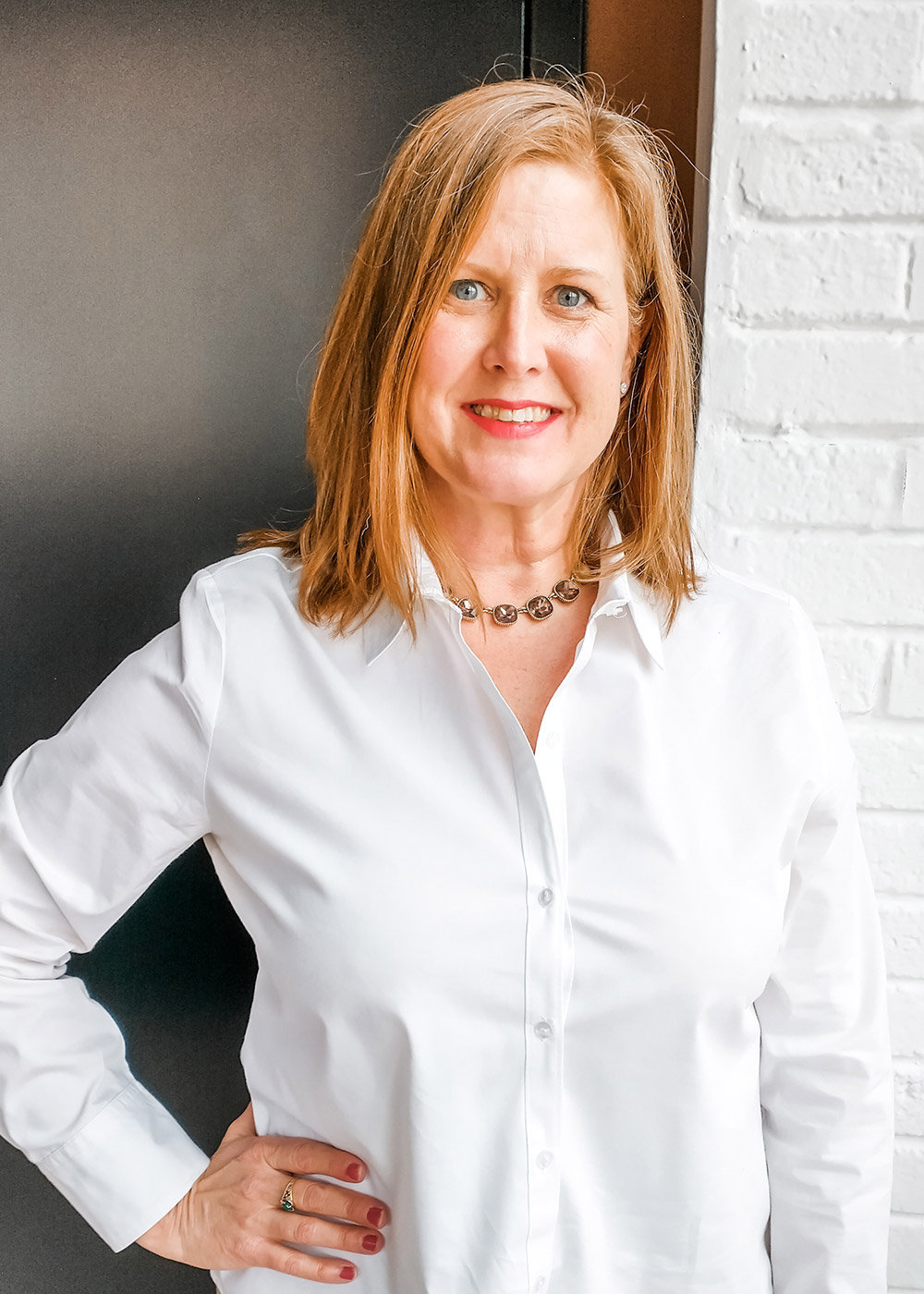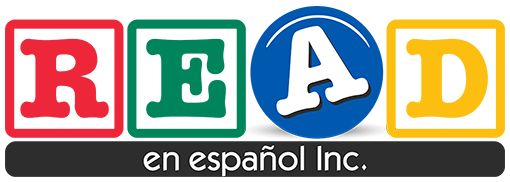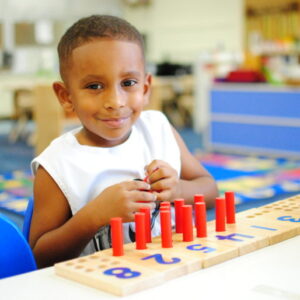I had the opportunity to speak with a number of families at a Back to School Street Fest the weekend before our local schools start the 2021-2022 school year. I feel the need to list the school year because I am amazed at how much time has passed since my first years in education. The world of education has certainly evolved since then. I started teaching when the original Pokémon craze took hold of elementary students. If you’re familiar with Pokémon, evolution is a key part of the game and evolving Pokémon are made stronger.
In the mid 90s, ESL sometimes consisted of newcomers sitting at a back table for a portion of the day putting long flashcards through a special magnetic machine that read the sentence written on the card that corresponded to an image. “The ball is red.” would come through the large cushioned headphones atop the newcomers head while the other students were doing Science experiments. Other common ESL practices from the 90s included the ESL teacher pulling “her students” and “my students” staying with me. ESL students might learn positional words instead of the Social Studies content. In regards to these antiquated practices in education, like Piakchu to Raichu, we have evolved and gotten stronger. However, I want to discuss something I had expected to improve since the 90s but has not.
One educational idea that has remained the same is that while many Spanish-speaking parents have wonderful intentions for their children they still have misinformation on reading with their children in their native language. Many parents simply don’t want to do it. Some Spanish-speaking parents don’t even want to speak to their children in Spanish because they believe so strongly that their children need to learn English first. Somewhere along their journey in education in the United States, it has been impressed upon these parents that English is the only key to success.
So why are parents not better informed of the benefits of bilingualism? Why is the subtractive view of bilingualism still so prevalent in the year 2021?
Schools may be lacking a plan to discuss these ideas with parents in their early childhood programs. Some schools have subpar bilingual programs that do not value bilingualism. It is true that the the benefits of bilingualism can only be attained if bilinguals reach a certain threshold of bilingualism in both languages (Cummins). When we service students with early exit bilingual programs, we are not setting students up for future success. Some parents hear about these subpar programs and decide to refuse services for their children. Some parents believe that their children will be confused if both languages are used. I heard from parents who said, “When I was in school, they taught me in Spanish, my child needs to learn English first!”
How can we help parents evolve in their thinking about using their native language more often with young children?
I’ll leave you with some questions to consider and you can decide next steps to take as advocates for bilingualism.
- Can schools partner with hospitals and have nurses talk to new moms explaing that reading to children is important. They can also share that “reading is reading” no matter the language and that any exposure to print and print concepts is going to benefit their child?
- Can schools do a better job of explaining that there are far more reading skills that transfer from one language to another for simultaneous bilinguals than those that do not?
- Do more teachers need training in Second Language Acquisiton to understand that vocabulary development in one language will impact vocabulary usage in the other language?
- Are schools making the most of the BPACs (Bilingual Parent Advisory Committees) to disseminate ideas on how parents can support children in their native language?
- Why, in our evolving world of education, are we still putting L1 aside in our own programs and worse yet, have parents picked up on that fact? Are parents simply following our lead?
- Can we be more like Pokémon in education?
Let’s evolve and become stronger so our students can succeed!
***Here you can find Top Ten Questions Parents Can Ask Their Children While Reading (English and Spanish)https://drive.google.com/file/d/1K1I8uyUK43oFXT2B3552rRIJOv7DJ_Jj/view?usp=sharing
***Here you will find research by Marisa de la Torre from University of Chicago about the effectiveness of full day preschool, especially BILINGUAL preschool as compared to preschoolers whose parents refused bilingual services. https://consortium.uchicago.edu/sites/default/files/2021-09/English%20Learners%20in%20CPS-Sep2021-Consortium_1.pdf
Share This Post

About Sara
Expert Consultant in Bilingual Education for Multilingual Learners
I have dedicated my time to researching and learning how best to teach reading to Spanish-speaking students. My goal as an independent consultant is to empower teachers to know better and thus to do better.

